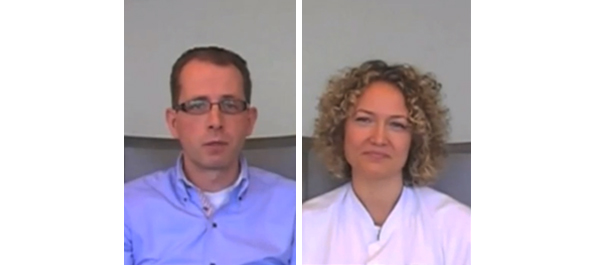Video: PSA testing decreased in the Netherlands after ERSPC study
Impact of the European Randomized Study of Screening for Prostate Cancer (ERSPC) on prostate-specific antigen (PSA) testing by Dutch general practitioners
Saskia Van der Meer, Boudewijn J. Kollen*, Willem H. Hirdes, Martijn G. Steffens, Josette E.H.M. Hoekstra-Weebers†, Rien M. Nijman‡ and Marco H. Blanker*
Department of Urology, Isala Clinics, Zwolle, and Departments of *General Practice, †Psychosocial services and ‡Urology, University Medical Center Groningen, University of Groningen, Groningen, the Netherlands
OBJECTIVE
• To determine the impact of the European Randomized Study of Screening for Prostate Cancer (ERSPC) publication in 2009 on prostate-specific antigen (PSA) level testing by Dutch general practitioners (GPs) in men aged ≥40 years.
MATERIALS AND METHODS
• Retrospective study with a Dutch insurance company database (containing PSA test claims) and a large district hospital-laboratory database (containing PSA-test results).
• The difference in primary PSA-testing rate as well as follow-up testing before and after the ERSPC was tested using the chi-square test with statistical significance at P < 0.05.
RESULTS
• Decline in PSA tests 4 months after ERSPC publication, especially for men aged ≥60 years.
• Primary testing as well as follow-up testing decreased, both for PSA levels of <4 ng/mL as well as for PSA levels of 4–10 ng/mL.
• Follow-up testing after a PSA level result of >10 ng/mL moderately increased (P = 0.171).
• Referral to a urologist after a PSA level result of >4 ng/mL decreased slightly after the ERSPC publication (P = 0.044).
CONCLUSIONS
• After the ERSPC publication primary PSA testing as well as follow-up testing decreased.
• Follow-up testing seemed not to be adequate after an abnormal PSA result. The reasons for this remain unclear.



